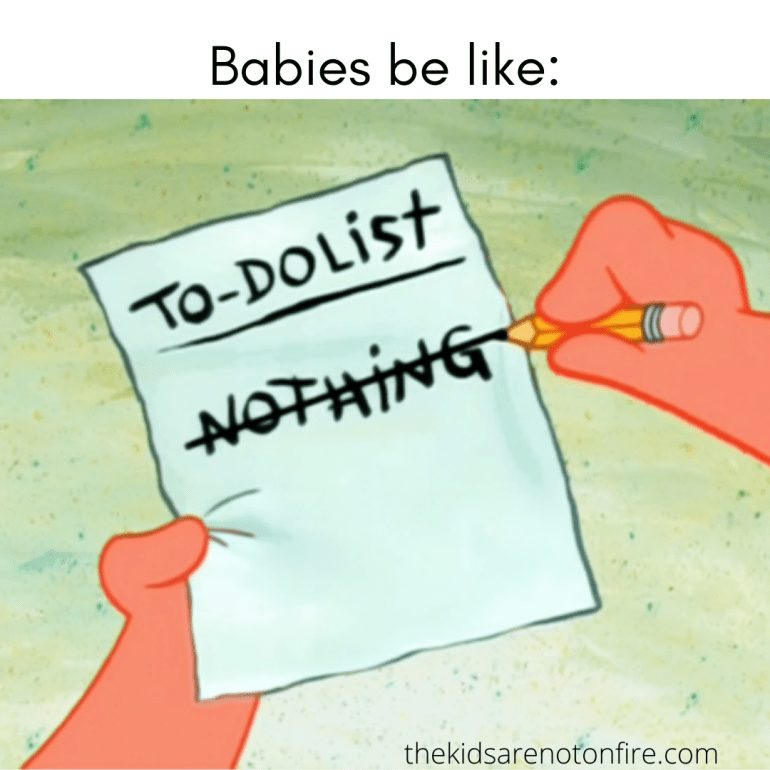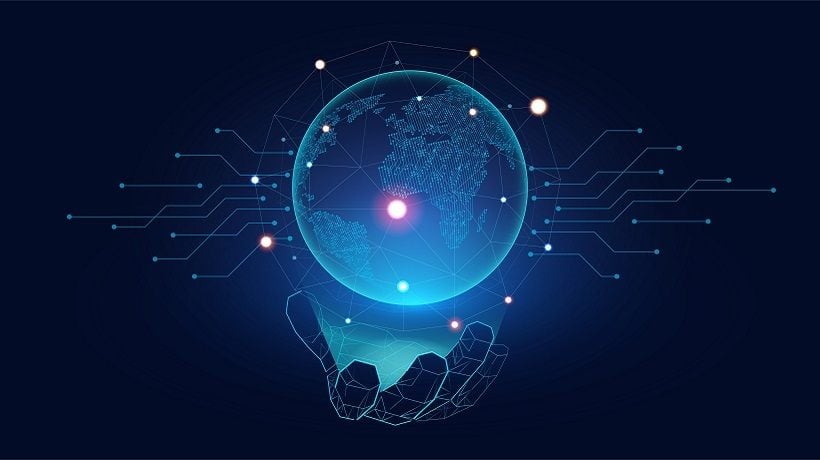How Early Can You Detect Autism?
“How early can you detect autism?” was a phrase I Googled an awful lot after Lina’s ECI coordinator recommended that she be screened for autism at around 13 months old. After reading nearly all of the results, I tried a slightly different search: “What age can you diagnose autism?” I had never heard of a one-year-old being diagnosed. It seemed so young, especially when everyone else was telling me to “wait and see.”
But if you’ve read my previous post about common reasons for delaying an autism evaluation, you’ll know there’s usually no reason to “wait and see.” And my post about signs of autism in toddlers discusses some clear, validated criteria that may indicate your child should be evaluated for autism. So is there any age that’s too young to diagnose with autism? And what are the chances that an autism diagnosis at a young age will be right — or wrong? Read on!
How Early Can You Detect Autism? What the Science Says.
Pop quiz! The official manual used for diagnosing autism spectrum disorder says that autism can only be verified at the following age:
And the answer is…..NONE OF THE ABOVE! There is not a word in the diagnostic criteria for autism relating to age. None. Nada. Zilch.
So why this common perception that you can’t diagnosis autism before a certain age? I’m sure there are a lot of reasons. And in some cases, you wouldn’t be able to diagnosis at a year old, either because the individual only showed characteristics of autism after a developmental regression, or their delays were less noticeable at a young age. (By the way, if you or your child was not diagnosed until later in life, I am in no way asserting that you really should have been diagnosed earlier. Every person and situation is different.)
But diagnosis before one-year-old could be tricky. The way our doctor has explained it, the baseline for what babies are supposed to be doing is fairly…minimal. They’re not expected to be solving algebra problems or cooking a nice spaghetti bolognese. They’re not even expected to wipe their own tushies. For a while if they just eat, sleep, and poop, they’re on track. Eventually they add rolling over. A little while later, sitting up. Really, the expectations are low for the first few months.

But when you start getting to nine months or so, communication, social, and motor skills are all expected to become more obvious and complex. Babbling usually begins, for example, and interacting with people and surroundings. This is when autism may start to become more apparent. And as kids get even older and the expectations higher, neurological differences may become easier and easier to spot. At one-year-old, kids often begin to walk, talk, and show that they are interested in interacting with you — for example, by pointing and showing you interesting objects. (Of course, what’s interesting to a toddler may not be interesting to you. Rocks, amirite?)
So with our current science, diagnosing autism before one-year-old could be difficult. How early can you detect autism, though? As it turns out, a study has shown that an autism diagnosis as early as 12 months is possible. That’s pretty amazing. But there’s still a question about whether that diagnosis is “stable,” or whether a later evaluation may have a different result. So the same study tested kids multiple times to see if their diagnosis changed with age. The results showed that when a child has been diagnosed with autism at 12-13 months old, the diagnosis remains the same at the age of three-years-old about 50% of the time. If the child was diagnosed at 14 months old, the diagnosis was the same 79% of the time at the age of three. A diagnosis at 16 months was stable 83% of the time. That’s pretty good in terms of successfully identifying kids with ASD. In addition, the study showed that kids who dropped their ASD diagnosis often still had developmental delays, just at a lower level. And kids diagnosed with ASD in the study were referred for therapy, which could have impacted later evaluations.
Of course, how early you can diagnose autism will depend on the child and their specific situation, but overall, the science seems to show that an autism diagnosis can be made at slightly over a year old for at least some individuals. The CDC also agrees that autism can be diagnosed at 18 months or even younger.
How Early Can You Detect Autism? Our Story.
In Lina’s case, she ticked a lot of diagnostic boxes early. (You can read more in my post about early signs of autism in toddlers.) However, there were 6-12 month wait lists at most medical facilities. (Since Covid-19, I’ve heard the waits are even longer.) So what did I do? I got on every waitlist, and then I called. And I called. And I called. For weeks. And I got lucky. I happened to call right at the time someone else canceled an appointment. They asked if we could come the next day. I said yes. If I was in a different situation–if my husband and I both had unmissable work events the next day, for example–we would not have snagged that appointment. Wait lists are a big reason for delays in autism evaluations. Even with my obsessive calling, it took about two months to get our appointment.

Lina was just fifteen-months-old at the time. And, not gonna lie, the doctor seemed intrigued to be evaluating a child so young. He was also a kind, caring human being. He played with Lina, or tried to, and he was beyond patient when she was tired and frustrated with the whole experience. Twenty minutes into the evaluation, she was lying on the floor with her Baby Einstein music toy under her chin, watching the lights dance and doing her best to self-regulate. “Is this something she does a lot?” he asked casually. “Yep,” I responded. He made a note on his clipboard.
The doctor spent a long, incredibly valuable period of time with me and Lina, explaining why he thought she qualified for an autism diagnosis. However, her age was something to consider. Diagnosing autism at fifteen months was possible, but it was also unusual. “She meets the criteria,” he explained. “It’s possible that will change as she gets older. If I diagnose her today, I would want you to come back in a year and reevaluate.” Then he said something I didn’t expect. “Do you want a diagnosis?”
I was taken aback. “Is…is there a downside?” I asked.
“Well,” he explained, “Some parents don’t want a diagnosis on their child’s record. They think there’s a stigma, and they don’t want it to hurt their child’s future.”
At this point, I had done enough research to ask a semi-intelligent question in response. “And I assume the benefit is…she’ll qualify for therapy? Support?”
“Yes, insurance will cover therapies with an autism diagnosis. It will open many doors. It’s actually a wonderful thing.” He hesitated. “But if you’re not sure, at her age, we can always meet again later.”
A diagnosis sounded pretty good to me.
Summary
How early can you detect autism? Autism CAN be diagnosed at one-year-old, and the diagnosis seems to be fairly stable by fourteen months. We were very fortunate that Lina was diagnosed with autism at fifteen-months-old, much earlier than average. If you have concerns about your child’s development, but you’re on the fence about evaluating because they seem so young, at least get on the wait lists. Whether or not you child is diagnosed with autism, at least you’ll have a little more information about their development and what you can do to support them. If you’re still not convinced, you can read more about our general experience getting an autism diagnosis at one-year-old and hopefully find some support for your concerns.
Now, you might be wondering, why does it matter? If someone is diagnosed with autism at one-year-old, two years, or ten, does it make a difference? Well, my next post will cover the benefits of an early diagnosis, so check back soon for more!
If you found this information helpful, you can subscribe for blog updates below, or follow along on Instagram, Twitter, and Facebook.
Subscribe below to be notified when new posts appear!







